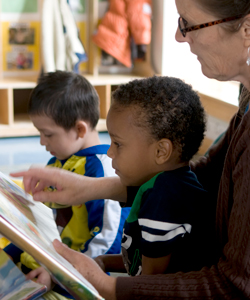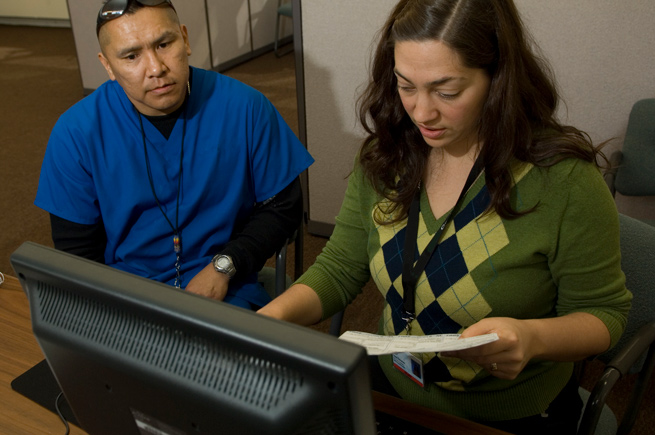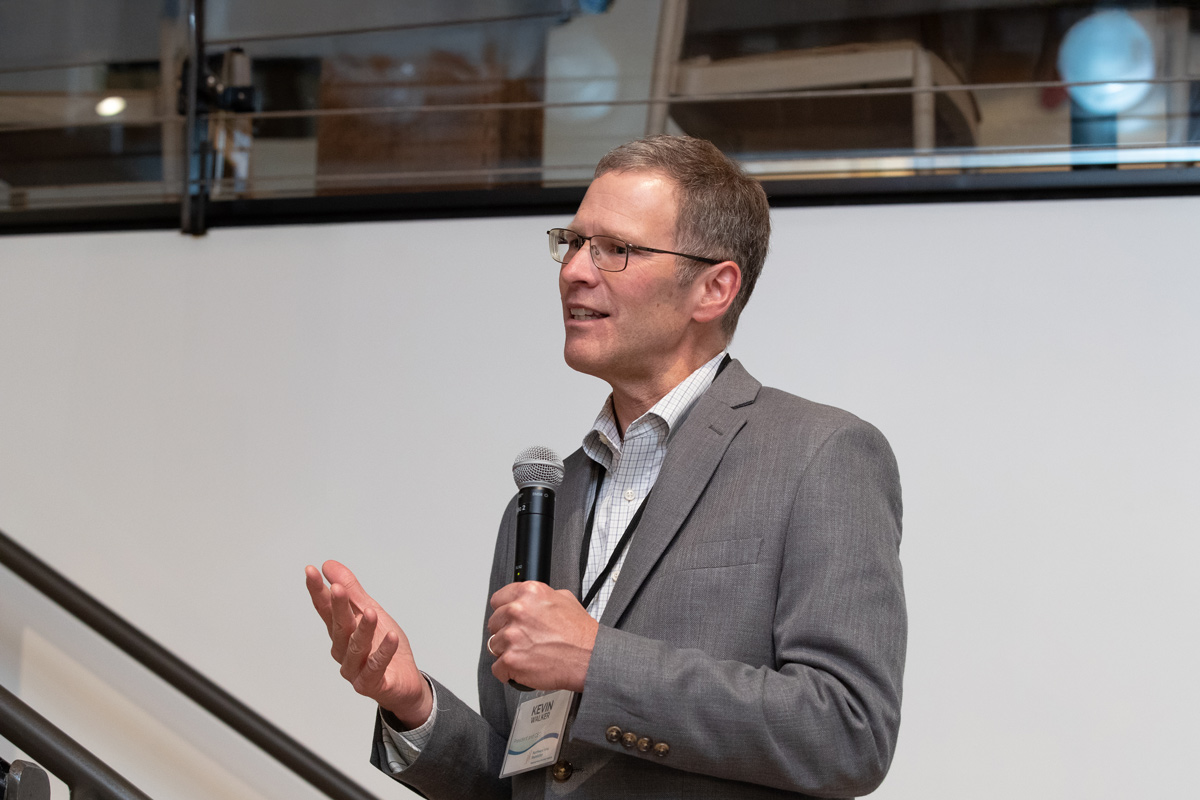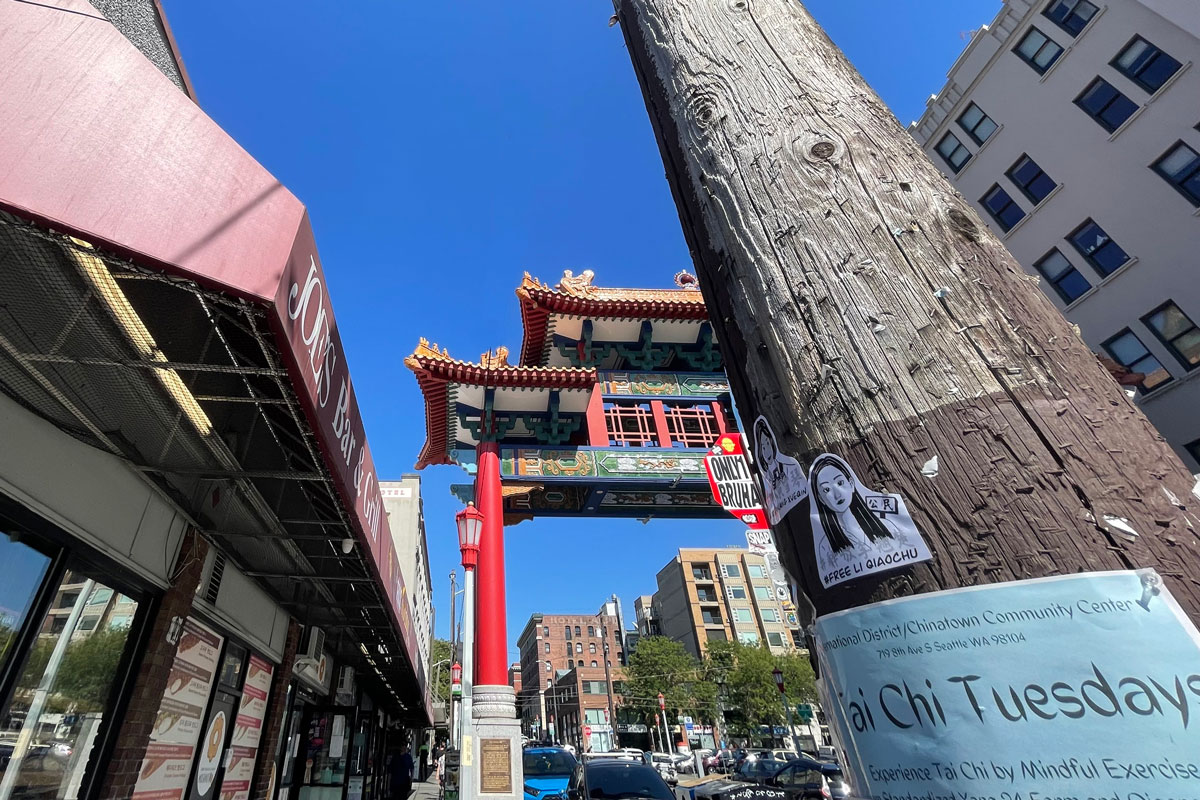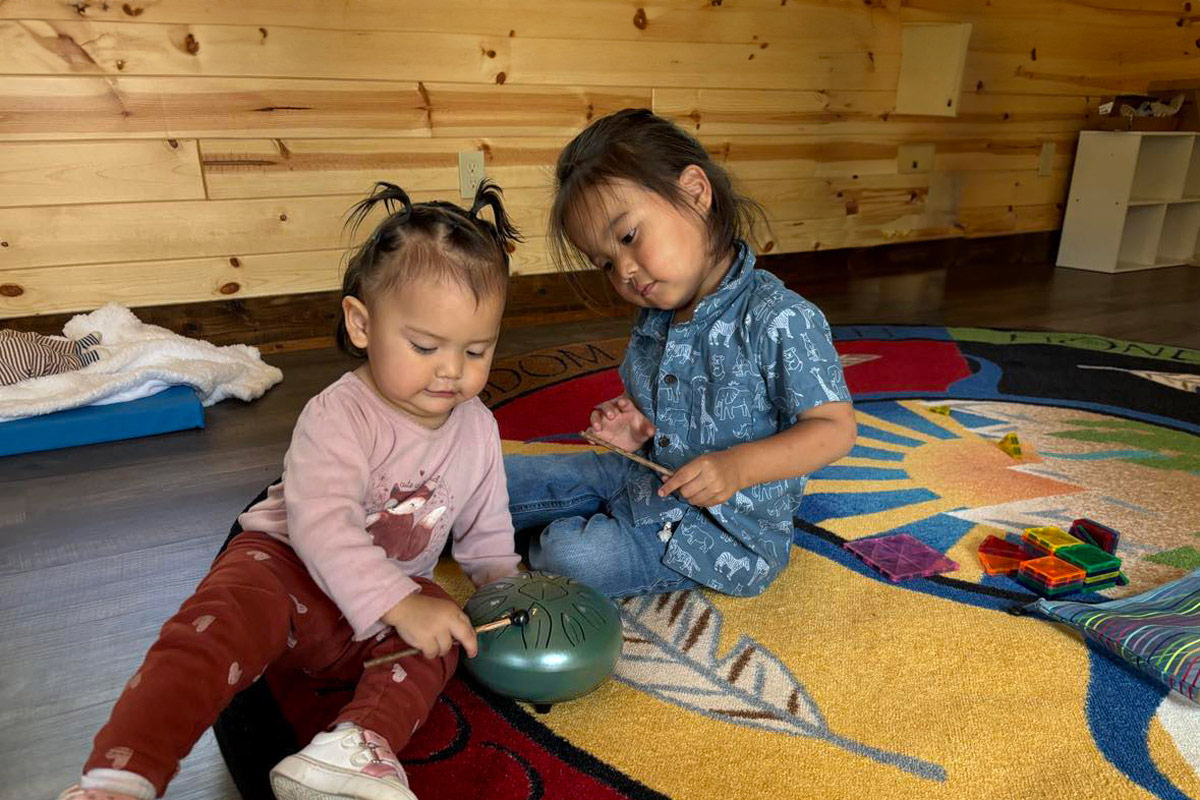During the first quarter of 2017, we awarded 24 grants totaling more than $6 million and issued two program-related investments (PRIs) worth $2 million.
The funding advances good jobs and financial capability, with an emphasis this quarter on building financial inclusion for under-resourced communities.
Highlights of Q1 funding include ongoing efforts that help communities build their assets. A grant to Global to Local (G2L) integrates financial inclusion services with health education and support, while a grant to Warm Springs Community Action Team increases financial access and skills in an Oregon tribal community. Another grant—to New Opportunities Inc.—expands financial coaching for low-income clients in west central Iowa.
G2L Builds Financial Know-How of Immigrants and Refugees in King County, WA
G2L will use a $472,565 two-year Foundation commitment to deliver integrated health and financial coaching to newcomers in King County, WA. The organization will pilot a program led by community health workers. It will provide financial coaching based on a proven model from The Prosperity Agenda, along with access to savings tools offered by Boeing Employee Credit Union, to immigrant and refugee communities.
Warm Springs Community Action Team Makes Financial Skill Building Accessible to Tribal Members
Warm Springs Community Action Team, a nonprofit community development organization on the Warm Springs Indian Reservation in north central Oregon, will use a $232,229 two-year grant to expand financial skill-building programs and products for its members, the Confederated Tribes of Warm Springs. The expanded programs and products will help open the door for tribal members to have positive and culturally appropriate banking experiences.
New Opportunities Inc. Expands Financial Coaching with Low-Income Clients
New Opportunities Inc. will use a $208,806 two-year grant to integrate financial coaching and services into its core social services programming for low-income individuals and families in rural west central Iowa communities. When people participate in New Opportunities’ programs—which include emergency assistance, substance abuse treatment and prevention, and early childhood education—they will also learn how to develop a workable family budget, reduce debt, and build their savings.
We invite you to visit the grantees’ websites to take a closer look at their work.
